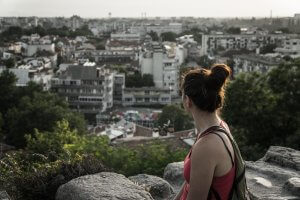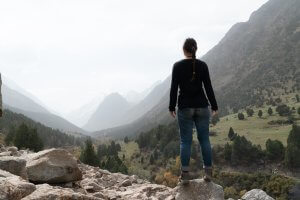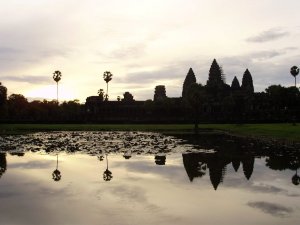So much to do and so little time to do it. Life can very easily seem to get itself in a great big rush and it’s not uncommon to find ourselves forever chasing our tails.
To break the eat/sleep/work/repeat cycle, you plan a holiday to give you a perspective outside of the daily bubble. But how do you cram in the maximum amount of relaxation, rejuvenation and transformation in the shortest amount of time?
It may be much easier than you think…And slow travel is probably involved.
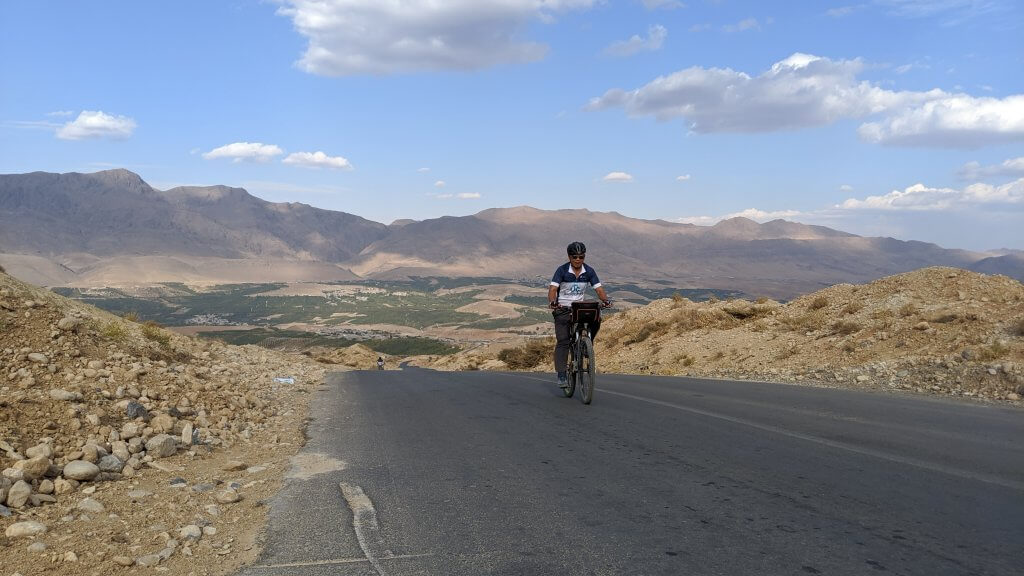
Discover the purpose of your trip
Take some time to reflect on what the purpose of this holiday is. This doesn’t have to be a daunting task. In fact, it’s a really easy question to ask (and answer) yourself. However, it’s important to ask yourself this question before you decide on your destination and itinerary.
Are you looking to blow off some steam and soak up some nightlife? Then a city break might be a good option. Are you looking to be active and get away from crowds? Then a nature adventure could be perfect.
Whatever it may be, ask yourself what you want to achieve by the time you arrive back home. Most people who are interested in slow travel are looking to completely switch off from their daily life and immerse themselves within another culture and/or environment.
It should be enough to keep you focused on your current experience, but not too much as to overwhelm you with mental fatigue and travel stress.
Planning vs improvisation
Some of the most amazing travel memories are those that were unplanned. That time when you stumbled across the most incredible pastry shop in France or were invited into a local family home for a cup of tea in a remote village.
These unplanned experiences often create highlights that could never be found in any guide book or travel blog. However, they can be few and far between. The best places to visit as per the guide books are full of other travelers, also looking for the best places to visit, thus watering down the whole experience.
How much you plan your travel itinerary often comes down to how much time you have in the lead up to your holiday. Some people have every minute mapped out in order to maximize their time whilst away, whereas others do not even book the hotel for the first night.
There are pros and cons to both methods and as usual, the optimum scenario is different for each person, but usually includes a combo of planned and unplanned elements.
However you do it, the most important aspect is to create balance in your itinerary.
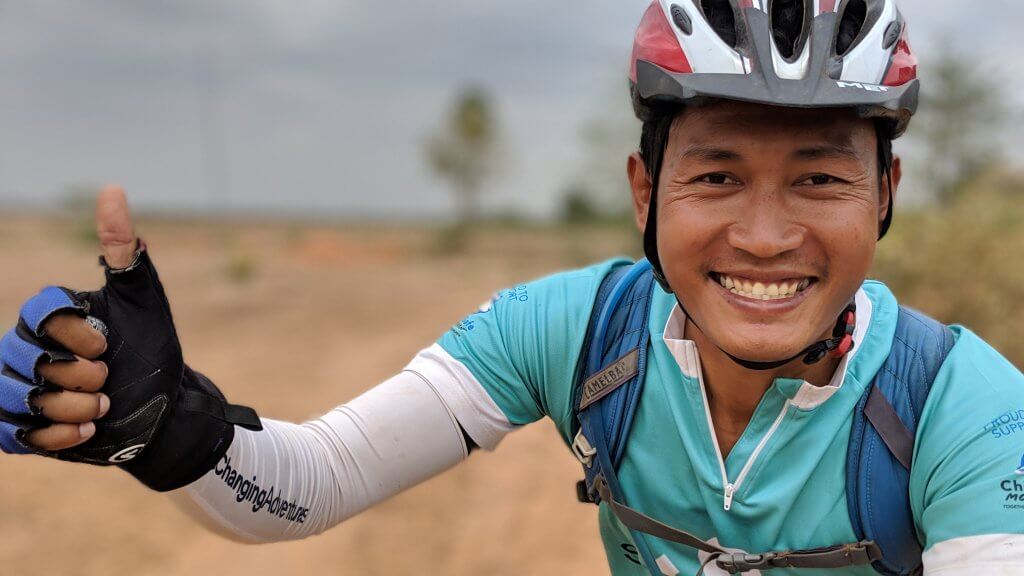
Creating balance in your itinerary
The expression ‘less is more’ couldn’t ring more true when it comes to travel. Cramming in a museum, after Trip Advisor’s Best Café followed by the #1 City Walking Tour all before lunch doesn’t necessarily mean you’re going to understand the city and have a great time.
The concept of value in a holiday is not determined by how much you see, it is determined by how you are made to feel.
If you are planning your holiday, it’s absolutely critical to give yourself time to do nothing. Time to sit in a cafe and read a book whilst watching the world go by. Time to sit by the pool and go for a swim. Time to be taken with whatever attracts you the most in that moment – be it the local markets, a nearby park or even sleeping in your hotel bed. Resting throughout your holiday, both physically and mentally, is crucial and will only serve to help you concentrate when you really want to and enjoy the physical side of your adventure so much more.
Slow travel solo or as an organized group
Deciding whether to join a tour or travel independently really comes down to time. How much time do you have to travel? If you have a couple of months and beyond, there’s plenty of time to find your own way and get off the beaten path. Or if you have the same amount of time to plan, you could have a go at planning your experience, but be careful not to overcommit and never underestimate the complexity of local transport.
The advantage of going on a guided tour is that you bypass the guidebooks and go straight to local knowledge. It supports the local economy and should be designed to give you an experience that is exclusive to you.
A good tour will open doors to insights and opportunities that are closed to regular tourists. And an even better tour will give you time to rest, relax, and find balance in that experience.
They will help ensure a slow travel kind of experience.
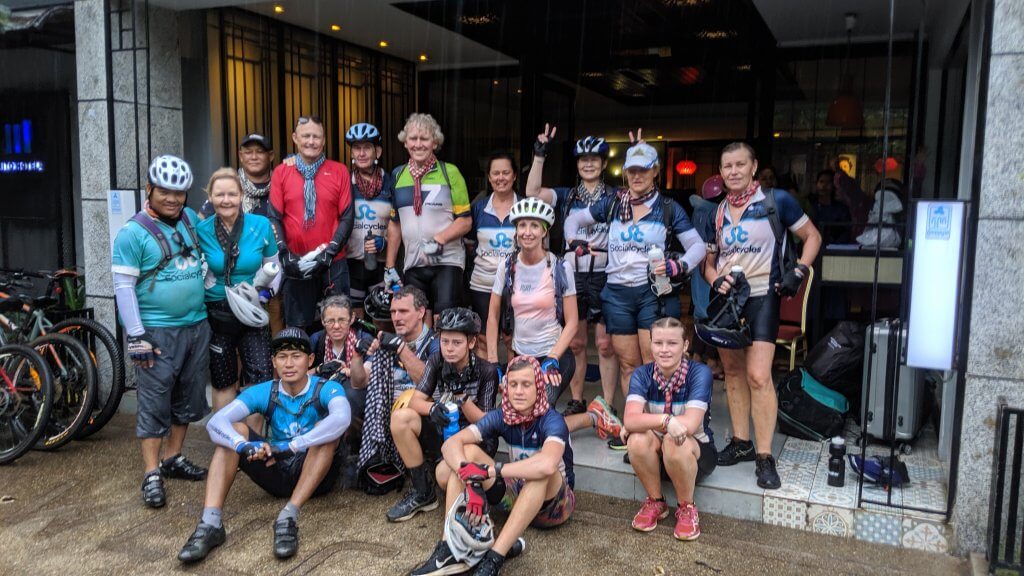
Guest contributor bio
Brett Seychell is the founder of Social Cycles, a small group cycle tour operator. Social Cycles has a strong focus on responsible travel and social impact throughout our adventures. We’re proud to connect with local NGOs for the purpose of empowering and enlightening our riders. We currently conduct adventures in Samoa, Cambodia, Laos, Vietnam, Mongolia, Iran and Colombia.
Find out more Social Cycles on their website, Facebook page or on Instagram.

